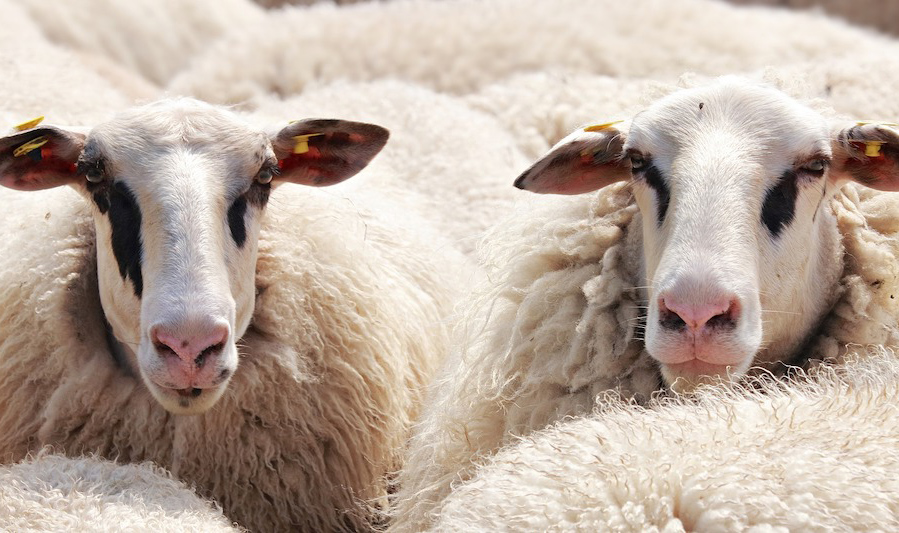Optimise Fertility in Your Flock by Managing Worms Pre-Tupping
3rd September 2020
Sheep farmers are being encouraged to conduct faecal egg count (FEC) tests in their ewes and rams prior to tupping to identify and manage any worm burdens that could impact fertility & conception rates.
Sheep farmers are being encouraged to conduct faecal egg count (FEC) tests in their ewes and rams prior to tupping to identify and manage any worm burdens that could impact fertility & conception rates.
The warm and wet weather has provided perfect breeding conditions for worms with egg count data from the Zoetis Parasite Watch scheme reporting medium and high egg counts across the UK.
Rams are more susceptible to worms as ewes as they often have less exposure to parasites.
Failure to manage parasites prior to mating can lead to sub-optimal fertility, warns vet Dr Ami Sawran from Westpoint Farm Vets.
“The sperm cycle takes 7-8 weeks, so you have got to be thinking about the health of that animal two months before they are being mated.
“If you have a significant worm burden at any point in the sperm cycle you will end up with sub-optimal fertility,” she warned.
Any ewes suffering from worms likely will not be in optimal body condition which can limit their ability to get pregnant.
Dr Sawran added: “A compromised animal will physiologically be more focused on staying alive themselves rather than becoming pregnant or maintaining a pregnancy. If you can get on top of worms now you can then focus on getting ewes in the correct body condition before breeding.”
The blood-sucking worm Haemonchus contortus may be a concern in some areas of the country where there have been high temperatures. Unlike gut worms, where older ewes may have built up some tolerance, the same cannot be said about Haemonchus.
“Sheep cannot overcome Haemonchus. If you have any suspicion it may be present speak with your vet.”
Signs of Haemonchus include poor body condition, weight loss, wool loss, pale mucous membranes around the eyes, pale gums, ill thrift, and possible scouring.
Treatment
“Treatment choices will depend on the burden and it is important you speak with your vet or Registered Animal Medicines Advisor (RAMA) to advise,” said Dr Sawran.
Farmers should also consider the risk posed by fluke in late summer and early autumn, says Zoetis vet Ally Anderson.
“Acute fluke is a risk in late summer caused by the migration of large numbers of immature fluke and is something farmers must be aware of.
“If you are known to be in a fluke risk area, then you need to be aware of the risk and discuss possible treatment plans with your health care provider.”
Ms Anderson added: “Where a mixed burden of fluke and worms has been confirmed, you may wish to consider a product such as CYDECTIN TriclaMox Sheep Drench which can tackle both immature and mature fluke as well as offering up to 35 days protection against worms.”
Real time Parasite Watch data can be accessed by either signing up to receive monthly updates or visiting the website www.parasitewatch.co.uk

